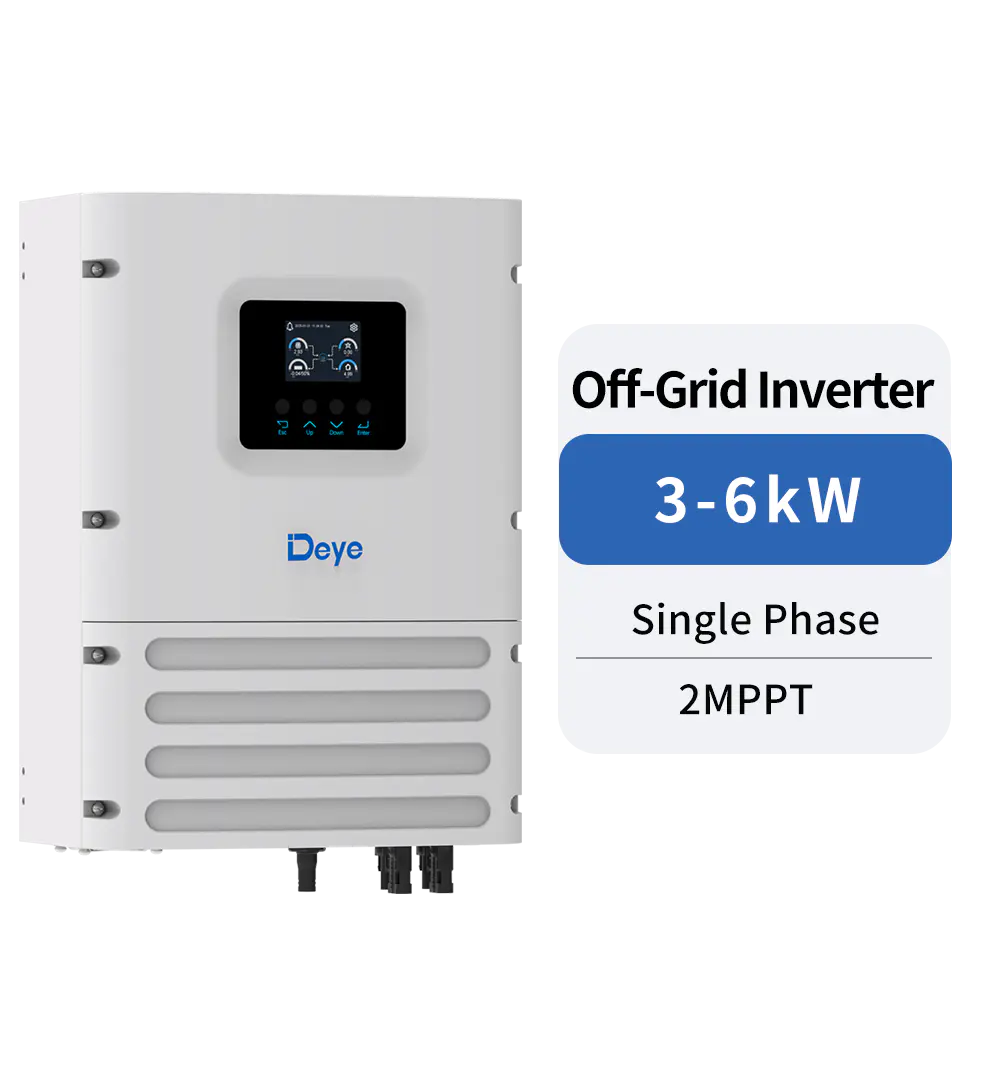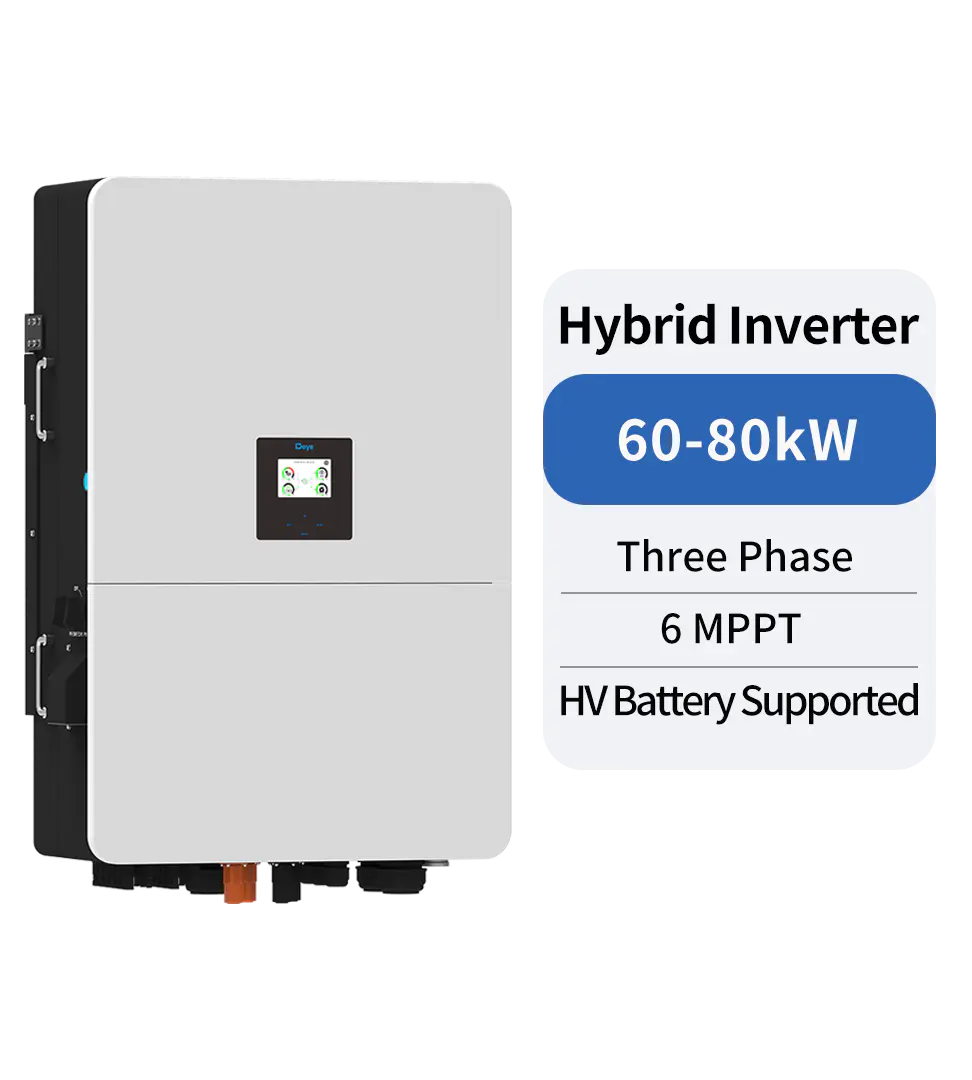Technical Topics
There are many factors to consider when choosing a hybrid inverter
Hybrid inverters are a relatively new technology that combines the functions of a grid-tied inverter and a battery-based inverter. They are designed to work with renewable energy sources such as solar panels or wind turbines, as well as with traditional grid power sources. This technology allows homeowners and businesses to generate their own power and store it for use during peak demand times or when the grid is down.
Hybrid inverters are becoming increasingly popular in both residential and commercial settings because they offer many advantages over traditional grid-tied inverters. For one, they provide backup power during blackouts, which is especially important in areas that experience frequent power outages. Additionally, they can help reduce energy bills by storing excess energy generated during the day and using it at night or during periods of peak demand when electricity rates are higher.
Another benefit of hybrid inverters is their ability to work with a variety of renewable energy sources. Solar panels are the more common source, but hybrid inverters can also work with wind turbines, hydroelectric generators, and other forms of renewable energy. This makes them an ideal choice for people who want to reduce their carbon footprint and become more energy independent.
One of the more important features of a hybrid inverter is its ability to seamlessly switch between grid-tied and off-grid modes. In grid-tied mode, the inverter is connected to the power grid and works to maximize energy efficiency by using the grid as a backup power source. When the grid goes down, the inverter automatically switches to off-grid mode, using the batteries to provide backup power. This ensures that the home or business stays powered even during extended outages.
There are many factors to consider when choosing a hybrid inverter, including the size of the system, the type of batteries used, and the efficiency of the inverter. It is important to work with a qualified installer who can help you choose the right system for your needs and ensure that it is installed correctly.
In conclusion, hybrid inverters are a powerful tool for anyone looking to reduce their energy bills, become more energy independent, and reduce their carbon footprint. By combining the functions of a grid-tied inverter and a battery-based inverter, they provide backup power during blackouts, help reduce energy bills and work seamlessly with a variety of renewable energy sources. If you are considering a hybrid inverter for your home or business, be sure to work with a qualified installer to ensure that you get the more out of your system.


PREV:The Benefits of Solar Grid-Tie Inverters for Commercial Buildings
NEXT:The inverter also plays a vital role in the overall grid service provided
Share
Product recommendations
news recommendations
-

-
 Deye and Tank-Weld Metals Announce Strategic Partnership to Transform Solar Distribution across the Caribbean and Latin America
Deye and Tank-Weld Metals Announce Strategic Partnership to Transform Solar Distribution across the Caribbean and Latin AmericaKINGSTON, JAMAICA – Ningbo Deye Inverter Technology Co., Ltd, through its Deye brand, a global leade...
-
 Green Industry, Bright Future: Deye Distributor Summit – Dubai 2025 Concludes Successfully
Green Industry, Bright Future: Deye Distributor Summit – Dubai 2025 Concludes SuccessfullyIn November 2025, Deye Group successfully hosted the “Green Industry, Bright Future—Deye 2025 Dubai ...

 China - 简体中文
China - 简体中文 Global - English
Global - English Brazil - Português
Brazil - Português Netherlands - Dutch
Netherlands - Dutch Italy - Italiano
Italy - Italiano Germany - Deutsch
Germany - Deutsch Spain - Español
Spain - Español France - Français
France - Français Vietnam - Tiếng Việt
Vietnam - Tiếng Việt Poland - Polski
Poland - Polski Australia - English
Australia - English Japan - 日本語
Japan - 日本語


